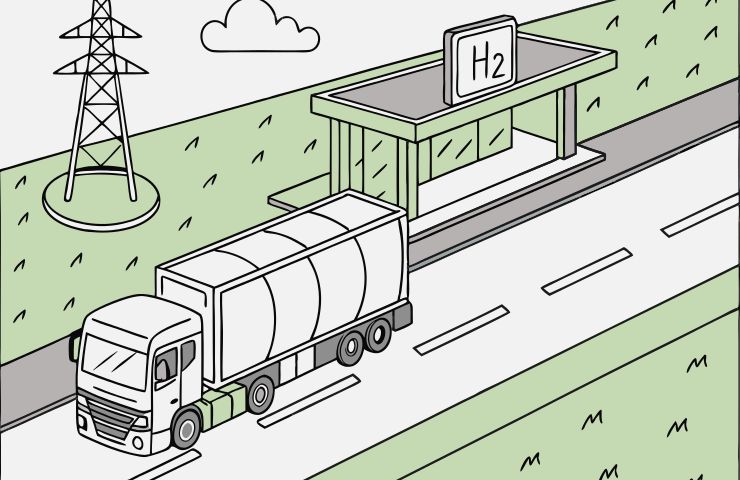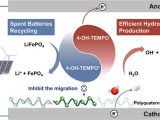
Ashok Leyland to Launch Green Hydrogen-Powered Trucks in India by 2027
September 22, 2025Picture this: a heavy-duty truck gliding along India’s highways, leaving behind nothing but a whisper of water vapor. Feels straight out of a sci-fi flick, right? Yet Ashok Leyland—the nation’s powerhouse in trucks and buses—has its sights set on making that a reality by 2027. With a nudge from the National Green Hydrogen Mission and a hands-on partnership with Reliance Industries, they’re gearing up to roll out their first fleet of hydrogen internal combustion engine (H2-ICE) trucks across different corners of the country.
A Clean Path Forward
Why the buzz around green hydrogen? Unlike diesel, which belches out CO₂ and a bunch of nasty pollutants, burning hydrogen only spits out water vapor. That simple fact makes it one of the cleanest energy carriers out there. India’s logistics sector—guilty of nearly 14% of the country’s carbon emissions—stands to benefit big time. Think lower fuel consumption, longer hauls on a single fill-up, and a refill time that beats battery electrics hands down. All in all, it’s a pretty sweet deal for heavy-duty fleets chasing zero-emission technology.
Fueling the Future: H2-ICE vs Fuel Cells
When most folks talk hydrogen, they jump straight to fuel cell technology, where hydrogen meets oxygen and sparks electricity. But Ashok Leyland is taking the road less traveled, reviving the trusty internal combustion engine to run on hydrogen instead of diesel. The upside? They can tap into existing production lines and engine blueprints, slashing both R&D time and costs. Meanwhile, peers like Tata Motors are betting on fuel cells, proving that hydrogen’s ride into the transport world is branching out in all directions.
Policy Paves the Road
On the policy front, the Indian government is rolling out the welcome mat. Launched in 2023, the National Green Hydrogen Mission dishes out incentives for producing hydrogen and building hydrogen infrastructure. A sweetener? A 5% GST on fuel cell vehicles, sending a crystal-clear message that India’s serious about sustainable energy and cutting emissions. Pilot projects for hydrogen-powered buses and trucks are already in motion in states like Gujarat and Maharashtra, laying down the groundwork for a real-world refueling network.
Navigating the Hurdles
No big shift comes without its share of speed bumps. Building hydrogen refueling stations calls for hefty investments—from high-pressure storage units to top-notch safety gear. Producing green hydrogen via electrolysis needs to crank up the volume, powered by cheaper renewables and streamlined electrolyzer manufacturing. And let’s not ignore the bottom line: hydrogen engines and tanks still cost more than their diesel counterparts. But most industry insiders are betting that as more units roll off the line and tech matures, those sticker prices will slide down in the back half of the decade.
Voices from the Industry
“We see hydrogen internal combustion engines complementing fuel cells in certain use cases,” says an Ashok Leyland spokesperson. Tapping into Reliance Industries’ expertise in energy and manufacturing could fast-track putting these trucks on the road. Even Tata Motors’ hydrogen trial runs hint at a broader industry consensus: hydrogen isn’t just a niche—it’s becoming a cornerstone for decarbonizing transport.
Looking Ahead
Sure, the big launch in 2027 will be a headline maker, but it’s really just the kickoff. As hydrogen infrastructure expands, these trucks could redefine clean logistics across Asia’s third-largest economy. Will diesel still have a seat at the table by 2030? Probably—yet with talk of over a thousand hydrogen buses and trucks cruising Indian roads, the story’s changing fast. For anyone tracking sustainable energy trends, India’s hydrogen fleet isn’t just a pilot—it’s a flare lighting the way to true zero-emission technology.



 With over 15 years of reporting hydrogen news, we are your premier source for the latest updates and insights in hydrogen and renewable energy.
With over 15 years of reporting hydrogen news, we are your premier source for the latest updates and insights in hydrogen and renewable energy.